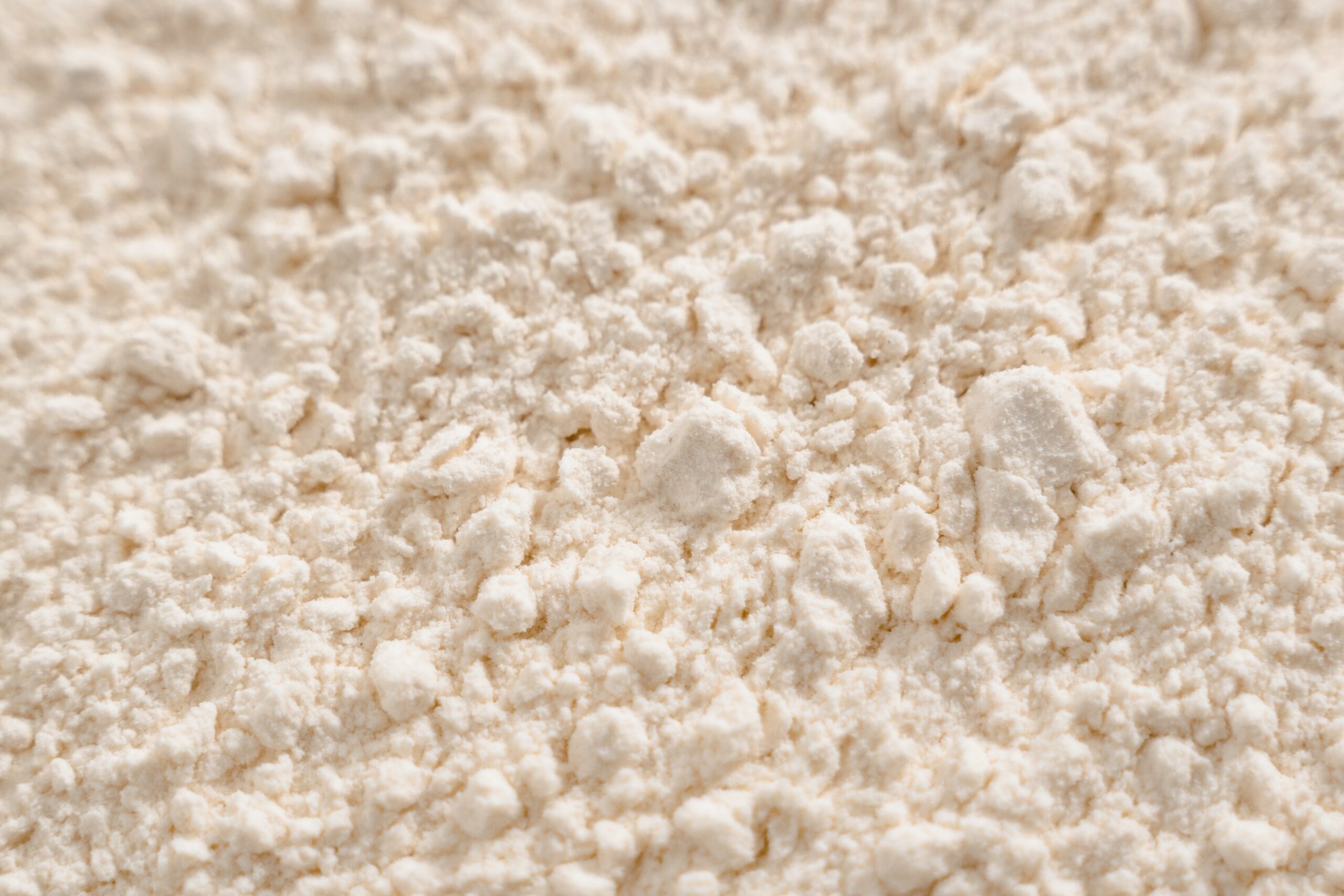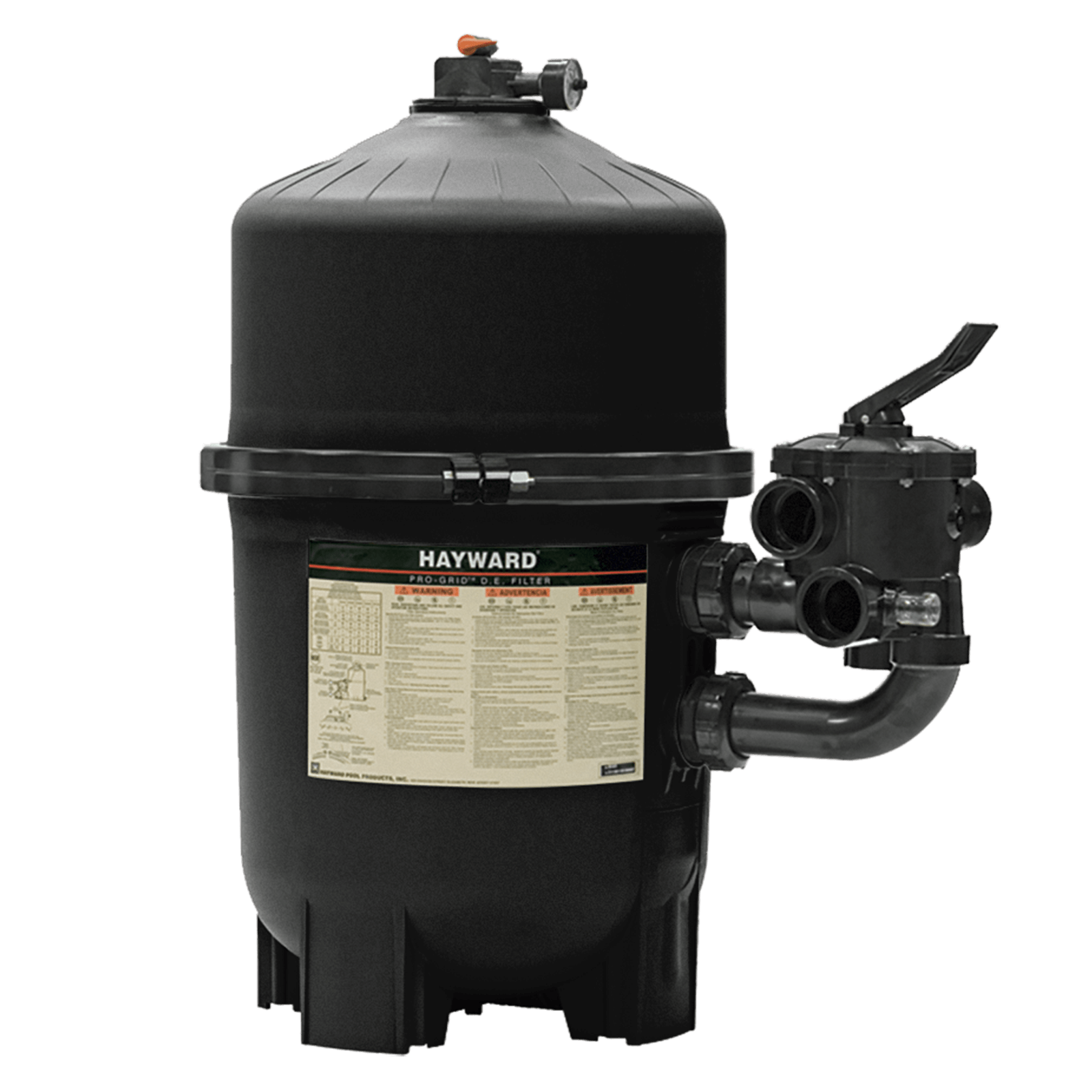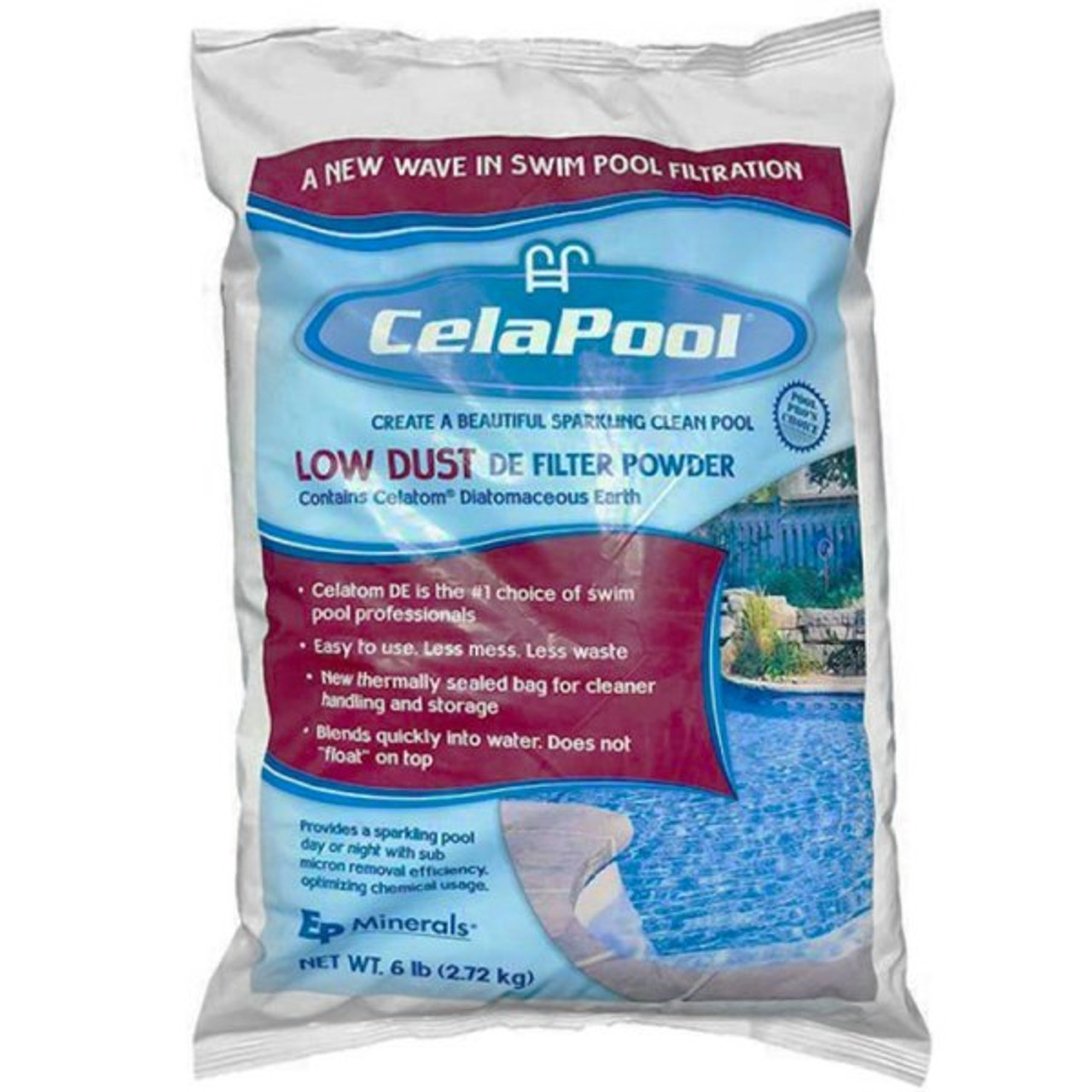How to Properly Maintain Diatomaceous Earth Filtering Systems for Optimal Performance
How to Properly Maintain Diatomaceous Earth Filtering Systems for Optimal Performance
Blog Article
Diatomaceous Planet Filtering: A Natural Solution for Superior Water Purification

Diatomaceous Earth (DE) filtering has actually emerged as an engaging approach for boosting water filtration, making use of the unique properties of fossilized diatoms. This all-natural filtering procedure captures impurities with exceptional efficiency, offering an environment-friendly alternative to conventional chemical treatments. As worries over water quality escalate, recognizing the benefits and sensible applications of DE filtering system ends up being progressively pertinent. What collections this approach besides standard filters, and how might it improve our approach to tidy water? Discovering these inquiries reveals a deeper insight into the capacity of DE in modern water monitoring.

What Is Diatomaceous Earth?
Diatomaceous planet (DE) is a normally occurring, soft, stratified rock that is composed primarily of the fossilized remains of little water microorganisms called diatoms. These single-celled algae have an unique, silica-based cell wall surface that adds to the distinctive homes of DE. The rock is porous and usually light, permitting it to soak up various materials successfully.

Due to its high porosity and absorbent capability, DE serves countless applications, including its use in farming, pest control, and, significantly, water filtration. The effectiveness of diatomaceous earth in filtering system is credited to its capability to trap and get rid of pollutants from water, making it a significantly prominent option among those looking for all-natural purification services. Its environment-friendly nature and adaptability better enhance its appeal throughout various industries.
How Diatomaceous Planet Filtering Functions
The unique framework of diatomaceous earth (DE) enables it to function as an effective purification medium in water purification systems (diatomaceous earth filtering). Composed of the fossilized remains of tiny, aquatic organisms referred to as diatoms, DE possesses a porous and very absorbing nature. This detailed structure allows DE to catch contaminations and impurities as water moves through it, successfully removing bits as small as 1 micron
When water is passed through a DE filter, the fluid encounters a network of microscopic pores that capture suspended solids, bacteria, and other unwanted products. The filtering process happens due to both mechanical and electrostatic interactions, where larger bits are literally entraped within the DE's matrix, while smaller bits may stick to the surface due to charged interactions.
Additionally, DE can be utilized in conjunction with various other purification techniques to improve overall efficiency. As water continues to stream via the DE layer, it progressively becomes clearer and cleaner, showcasing the medium's ability to enhance water high quality without the requirement for harsh chemicals. This natural filtration process highlights diatomaceous earth's function as a lasting and reliable remedy for water purification.
Advantages of Diatomaceous Earth Filtering
Performance in water purification is dramatically enhanced through the usage of diatomaceous planet (DE) filtering system, supplying many benefits that make it a recommended choice for several applications. Among the main advantages of DE filtering system is its capacity to get rid of a a fantastic read variety of pollutants, consisting of microscopic microorganisms, debris, and even certain chemicals. This capability makes certain that the water detoxified through this approach is not only tidy however additionally risk-free for consumption.
In addition, DE filters have a high circulation price, which enables quicker purification compared to conventional approaches. This particular is especially helpful for large-scale procedures such as municipal water treatment plants or pool. The use of DE likewise decreases the requirement for severe chemical ingredients, advertising a more environmentally friendly method to water purification.
In addition, DE filtering systems are reasonably very easy to preserve, needing much less constant replacement than other filtering media. The natural origin of diatomaceous planet contributes to its sustainability, making it an eco-conscious choice. In general, the combination of efficiency, efficiency, and environmental advantages settings diatomaceous earth filtering as a leading option in the realm of water purification.
Comparison With Conventional Water Filters
When assessing water filtration methods, diatomaceous planet filtering stands apart in comparison to typical water filters. Traditional water filters, such as activated carbon or ceramic filters, mainly concentrate on getting rid of pollutants with adsorption or physical obstacles. While these approaches work for certain contaminations, they may not catch smaller bits, germs, or infections as successfully as diatomaceous planet (DE) filters.
Diatomaceous planet filtering utilizes the unique structure of diatomite, composed of tiny, permeable fossilized algae. This permits DE filters to trap fragments as tiny as 1 micron, giving exceptional filtering abilities. Furthermore, DE filters can take care of larger volumes of water without considerable pressure loss, making them ideal for both residential and commercial applications.
Furthermore, diatomaceous earth is a all-natural and sustainable material, positioning fewer environmental concerns contrasted to some synthetic filter media. On the other hand, standard filters commonly call for regular replacement and disposal, causing increased waste.
Applications and Utilize Instances
Diatomaceous earth (DE) filtering has a diverse variety of applications across different industries because of its efficient purification capacities. One of the most prominent uses DE remains in the food and beverage market, where it functions pop over to these guys as a filtration tool for juice, red wine, and beer production. Its porous framework efficiently removes this website contaminations, making certain a tasty and clear end product.
In the realm of swimming pool maintenance, DE filters are favored for their capacity to trap fine fragments, offering premium water clarity compared to conventional sand filters. In addition, DE is made use of in municipal water therapy facilities, where it helps in the elimination of suspended solids, microorganisms, and other contaminants, adding to safe alcohol consumption water.

Beyond water purification, diatomaceous earth locates applications in the agricultural field as an all-natural chemical and dirt modification, promoting much healthier plants while decreasing chemical use. Furthermore, its absorptive properties make it useful in various industrial procedures, consisting of oil spill clean-ups and as a filler in building and construction products. In general, the versatility of diatomaceous earth filtering system placements it as a useful service for enhancing water quality across numerous domains.
Verdict
Diatomaceous planet filtering system stands for a reliable and sustainable approach for water purification. As understanding of water top quality issues grows, the fostering of diatomaceous earth filters in various applications is most likely to increase, adding to enhanced public health and environmental preservation.
Diatomaceous Earth (DE) filtering has emerged as a compelling technique for boosting water filtration, utilizing the special residential or commercial properties of fossilized diatoms. As water proceeds to move with the DE layer, it slowly comes to be clearer and cleaner, showcasing the tool's capability to boost water high quality without the requirement for rough chemicals.Effectiveness in water filtration is significantly improved with the usage of diatomaceous earth (DE) filtering, using many benefits that make it a recommended selection for many applications.When assessing water filtration techniques, diatomaceous planet filtering system stands out in contrast to typical water filters. Conventional water filters, such as triggered carbon or ceramic filters, mostly concentrate on getting rid of contaminants with adsorption or physical obstacles.
Report this page